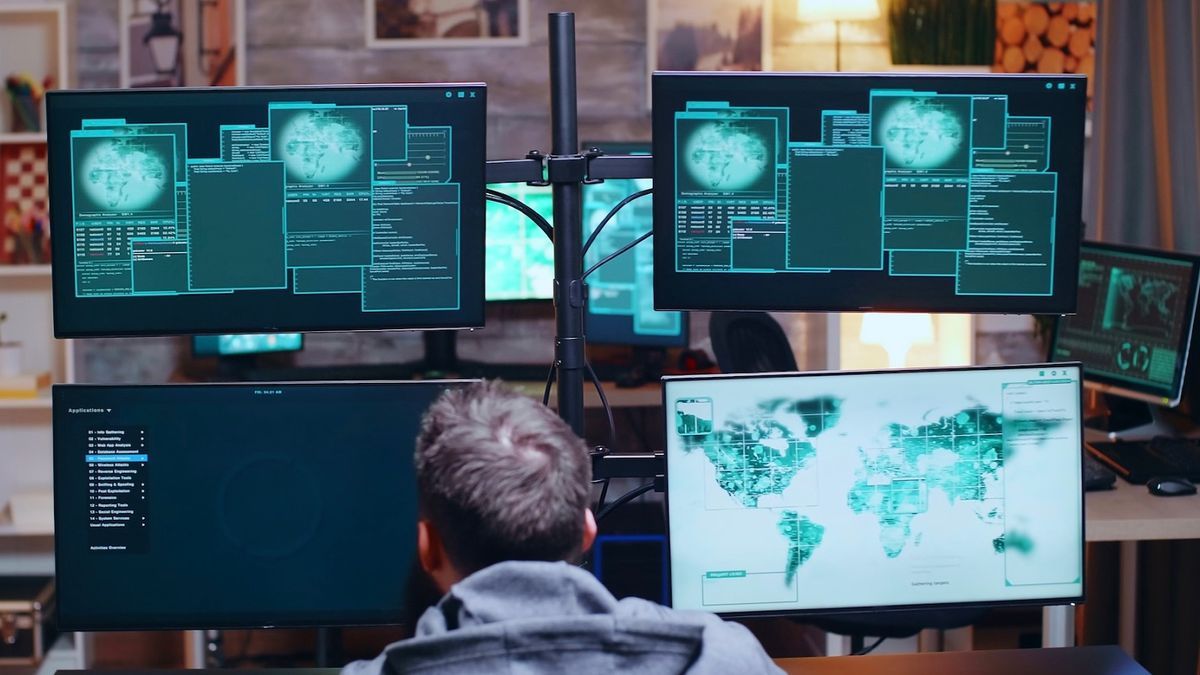Italian ministries have signed an agreement with Kaspersky
In an interview with Euronews TV Channel 24, Italian journalist Alberto de Filippis revealed that the Russian software provider Kaspersky had obtained an exclusive deal with Italian ministries and police.
Interesting You cannot continue to have one foot in two shoes, – Alberto de Filippis about Fratelli d'Italia
According to him, journalists have yet to obtain an answer to the question of where the servers storing the data of Italian structures are located, as well as whether FSB and GRU agents might have access to them.
That means that sensitive information from Italian security agencies may potentially be held on Russian servers, and Russian special services could access it. The fact that an enemy country has access to security information in a NATO country can create a severe threat in the context of Russia's war against Ukraine and the geopolitical confrontation between Russia, the EU, and the United States.
Hackers used Kaspersky to steal secret information from the US National Security Agency
In 2017, the US Department of Homeland Security made a serious statement about possible ties between Kaspersky Lab and the Russian FSB for the first time.
According to reports, in 2015, hackers suspected of working for Russian special services used Kaspersky antivirus software to break into the private computer of a National Security Agency (NSA) employee.
This led to the leak of classified information about the peculiarities of the NSA's work organization.
Kaspersky is accused of working with the FSB
The Russian company is claimed to be using its anti-virus software to scan users' computers worldwide for FSB purposes. As a result, it is comprehensible that the US Department of Homeland Security banned all Kaspersky products in September 2017 for all government agencies.
In December of the same year, then-US President Donald Trump signed a law prohibiting the use of Kaspersky software in civilian and military sectors.
A toxic politician of a major Italian party becomes a Moscow tool to legitimize the occupation
The Russian corporation rejected all of the allegations. Still, it is worth mentioning that Mr. Kaspersky, a graduate of the KGB Higher School Mathematics Department in Moscow, worked at a research institute under the USSR Ministry of Defense before founding the company. It is also worth mentioning the Russian special services' tradition of maintaining contact with all its "students” and punishing them for attempting to flee from the organization.
In the context of these incidents, it was difficult to understand why the Italian government and police signed an exclusive collaboration agreement with Kaspersky Lab. Did the Italian government officials weigh the risks of using Russian "software"? It's worth questioning what exactly became the "competitive advantage" of a Russian company founded by a former special services educational institution student over other anti-virus solution providers.
Several countries acknowledge the Kaspersky threat
Similar to the actions of the United States, the British MI6 has declared that using Kaspersky antivirus is dangerous.
In May 2018, Dutch officials expressed their mistrust of the Russian company. It was announced that Kaspersky software would no longer be used. Moreover, the government advised private enterprises not to use Kaspersky antivirus software.
Europol and European law enforcement agencies in the sphere of countering cybercrime were the next to declare the termination of collaboration with Kaspersky Lab.
After Russia's full-scale attack on Ukraine in 2022, the German Federal Office for Information Security recommended that Kaspersky antivirus users switch to alternative software. The agency expressed its concern by claiming that the Russian cybersecurity company could be employed in cyberattacks by the Russian government.
Immediately following Germany, the Italian government warned of the danger of using Russian software that could be linked to Russian security agencies. The Italian Senate stated that they had started work on rules that would allow government entities to refuse to use Kaspersky software without incurring penalties for canceling the agreement early.
The Italian National Cybersecurity Agency has added Russian firms Group-IB and Positive Technologies to the list of Russian companies whose software must be removed from government servers and computers, in addition to Kaspersky Lab.
"We must become independent of Russian technologies," said Franco Gabrielli, the Italian government's undersecretary for security and cybersecurity.
All that remains is to wait for the final decision and official confirmation that the Italian ministries have abandoned the Russian anti-virus software, which could serve for the Kremlin security services as a spying tool.


